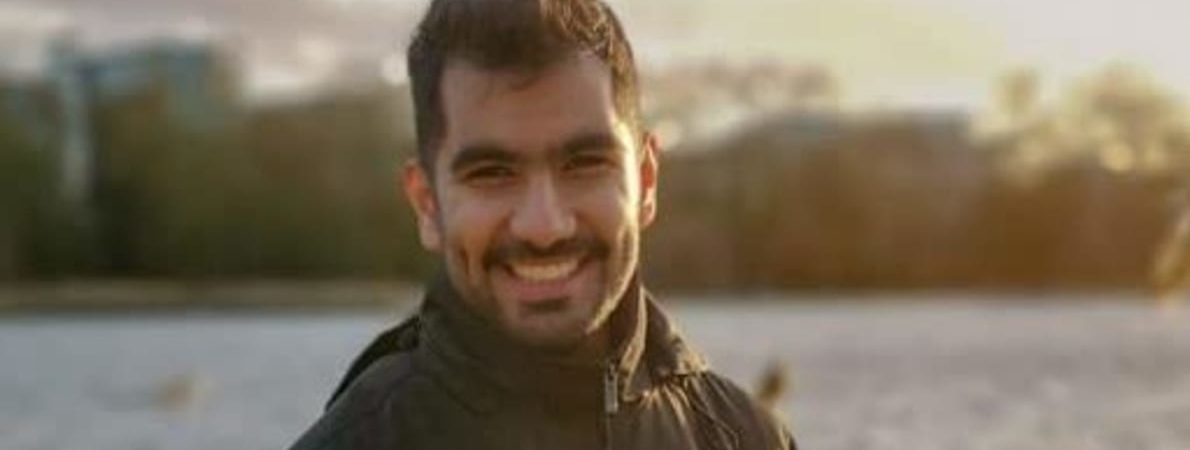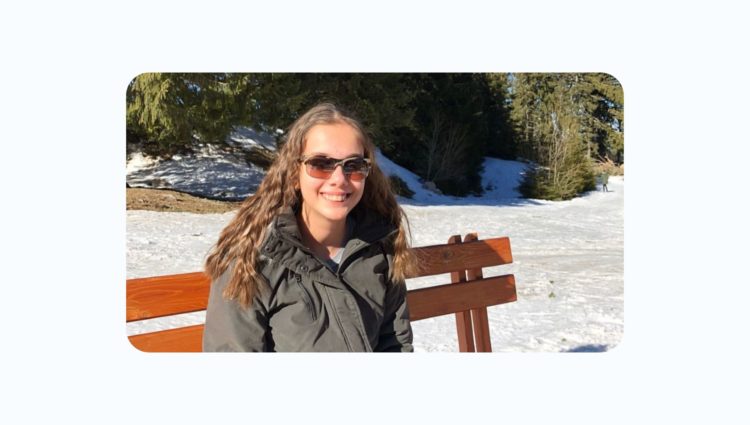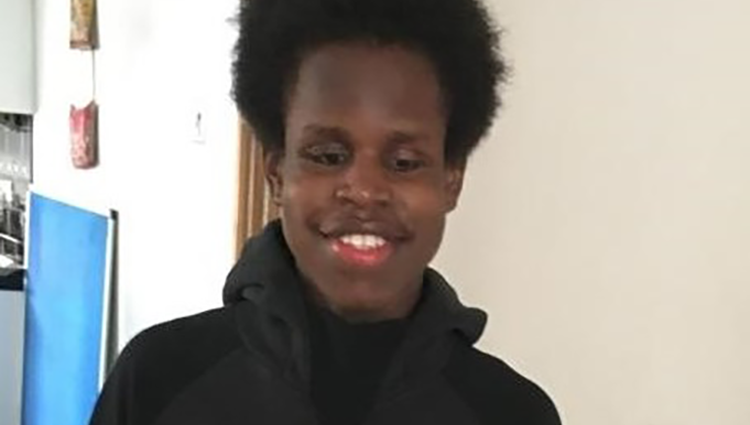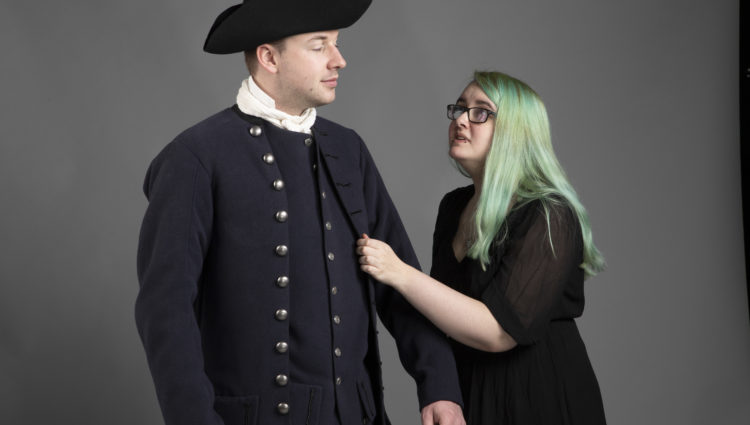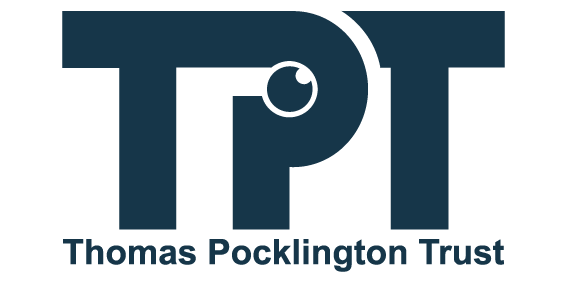Moving to the UK just two months before starting university, Ali had a lot to learn very quickly, with friends to make, a city to navigate and new white cane to master. He had no-one but himself to rely on, but he leapt into the experience, and encourages other blind students to do the same.
Ali, 24, is originally from Saudi Arabia. After completing a BA Business Administration and achieving a scholarship from the Saudi Arabian Government to study abroad, he came to the UK to study his Master’s degree in International Marketing Management. It was his first time traveling and living away from his family. He has Retinitis Pigmentosa (RP) which has impacted his sight most significantly over the past six years – he now has roughly 15% of his sight remaining.
Challenges Relating to the Course
Before Ali came to the UK, he was contacted by the university to complete a needs assessment. However, when he started the course, he found not all the necessary software was accessible, particularly for the data handling and analysis elements of the course. But the university was supportive, helping Ali find ways to overcome the issues.
“We had to use the statistics software SPSS – it’s widely used in universities especially for social sciences and business subjects. But it’s completely inaccessible. Thankfully we were able to find an alternative program called R studio, that can do most of the same things.”
Online Study vs On-campus
Ali completed his Bachelors degree entirely online. At that point he had more useful vision remaining, so was able to use magnifiers and colour/contrast tools to read on-screen material. However, since experiencing life on-campus for his Master’s course, he recommends this over online learning, due to increased opportunities for social life and independence.
“I chose to do the BA course online because I could study at home, in my comfort zone, with all of my tools around me. It’s good to stay in your comfort zone sometimes, but not for a long time. At university there are lots of opportunities for socialising, being independent. You don’t get the same experiences with online learning.”
University Support
In addition to accessible accommodation and specialist equipment, Ali received library support for finding accessible texts, a sighted guide and personal mentoring to develop study skills and strategies. The personal support was what he appreciated the most. He said: “If I needed something, I would ask and they would try to find a solution. They were always open to any suggestions I had.”
Funding
The scholarship covered Ali’s university fees and provided a monthly allowance, so he did not require any additional funding. As it was his first time living away from home, he had to learn how to manage his money independently. He recalled: “It was a new experience, but I think I managed well. Mentally I was prepared for it, I think that is what helped me the most. The best advice I can give is to balance your priorities and think for the future.”
Independent Living
Navigation was difficult at the start, but Ali felt this is true for anyone who isn’t local – getting used to a new city and finding their way around.
He chose to live on-campus in university-owned halls so he could attend social activities. His disability sometimes did restrict how much he could explore for himself. For example, from his arrival in July he was aware of many summer activities the university was holding, but as sighted guidance was only provided for academic purposes and he didn’t know anyone else to ask for help, he was unable to attend. Extra support early on to engage in social activities and to familiarise himself with the surroundings would have been beneficial.
“I spent the whole of my first week in my accommodation because I did not know how to get to university on my own. But I remember one day there was a Union event at the university that I really wanted to go to, so I just said ‘Let’s try this!’ There were two busy streets to cross so there was risk, but sometimes you just have to take that risk.”
Next Steps
Ali really enjoyed his Master’s course and feels furthering his education in this field will be helpful for his career. He is applying to study a PHD with the end goal of working in academia as a marketing lecturer.
Ali found the application process for his PhD challenging. This was conducted directly through universities rather than UCAS and was a lengthy and stressful process. He has not let that stop him and hopes to start a marketing PhD course in September.
He stated: “The accessibility of the websites was not great, and there are a lot of documents that need uploading. It’s a lot to handle. I tried to do it on my own but needed sighted help to complete the application. It’s a long process, taking us two hours to get it sorted. I can’t imagine having to do it all myself.”
University’s Value
Overall, Ali believes his experience attending university has been extremely valuable both for personal development and his career. He describes managing his own security, budget, social life, academic life and responsibilities.
He added:“It just takes you to another level in terms of maturity. There is a point in everyone’s life when you have to step outside, become an independent and mature adult. I think university is a great way to take that step.”

